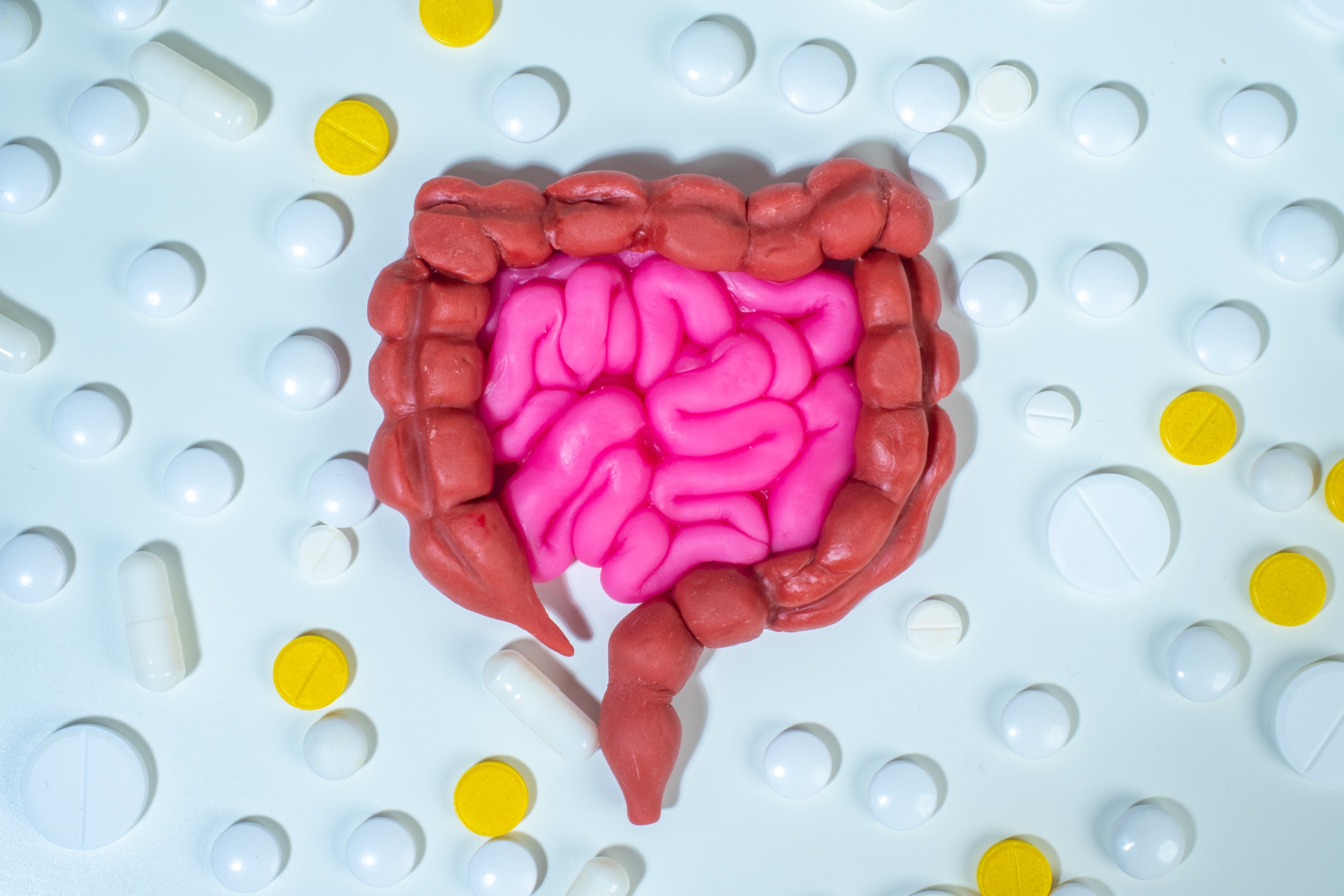BY THE OPTIMIST DAILY EDITORIAL TEAM
The adage “trust your gut” may be truer than we realize, particularly when it comes to stroke rehabilitation. Scientists at Texas A&M University have discovered an unexpected link between gut health and brain function, suggesting how addressing the stomach may be the key to improving long-term stroke results.
“Stroke is one of the leading causes of dementia and Alzheimer’s disease,” says Dr. Farida Sohrabji, Head of Neuroscience and Experimental Therapeutics and the study’s lead author. “There are acute, immediate consequences of stroke, but the long-term impacts on quality of life—for both patients and caregivers—are significant.”
This new study adds to the growing body of data that a healthy gut means a healthier brain, demonstrating how the gut-brain axis can be used to mitigate cognitive impairment after a stroke.
What happens to the gut following a stroke?
When someone has a stroke, the apparent symptoms such as slurred speech, facial drooping, and limb weakness require quick attention. However, what happens inside the body is just as concerning.
“What we’ve found is that minutes after a stroke occurs, normal gut anatomy is completely disrupted,” Sohrabji says.
A stroke damages the intestinal wall, rendering it “leaky.” This opening allows gut bacteria to enter the bloodstream and potentially disrupt the body’s functions, including the brain. Even if these bacteria do not reach the brain, they can cause widespread inflammation, which exacerbates brain damage and raises the risk of long-term cognitive impairment.
“If you just repair the brain, you will see short-term effects but not long-term improvement,” Sohrabji says. “The gut remains leaky, causing inflammation and constantly impacting brain function.”
A hormonal breakthrough
Enter insulin-like growth factor-1 (IGF-1), a hormone that has shown promise in stroke rehabilitation. In their most recent investigation, the researchers looked into whether providing IGF-1 could reduce the long-term effects of stroke, focusing on the link between the gut and the brain.
The findings were remarkable. When administered intravenously, IGF-1 greatly reduced brain damage in the short term and enhanced sensory-motor skills, but had little effect on long-term cognitive impairment. However, when IGF-1 was injected directly into the gut, the results were reversed: cognitive impairment was significantly decreased over time, with no immediate advantages to brain tissue.
This surprising observation indicates that IGF-1’s benefits are mediated by its effects on the immune system and the stomach. “When delivered to the gut, IGF-1 was not detected in the brain,” the researchers wrote. Instead, it appears to interact with peripheral immune organs, influencing immune cell synthesis in ways that shield the brain from further deterioration.
The big picture: gut health as a recovery tool
The findings emphasize an important point: recovery from stroke may be as dependent on gut health as direct brain therapies.
“The current study strongly implicates the gut as a direct or intermediary target for long-term benefit for stroke outcomes,” the study’s authors stated. Their findings contribute to a growing consensus that increasing gut health could revolutionize the treatment of brain ailments.
However, IGF-1 isn’t the only option being investigated. Sohrabji’s team is also looking at the use of intestinal stem cell transplants to repair a stroke-damaged gut. In a second investigation, they discovered that transplanting healthy intestinal stem cells restored the gut lining while also reducing brain damage and preserving cognitive performance.
“What was a pleasant surprise to us was that in the process [of repairing the gut], stroke outcomes improved,” Sohrabji pointed out.
The future of holistic stroke treatments
This study marks a paradigm shift in how we see stroke recovery. Physical and occupational therapy have traditionally been the primary therapeutic options to address external symptoms. Scientists are now investigating how the gut-brain connection may create new avenues for long-term rehabilitation.
“This study adds to the growing literature that recovery from acute neural injury is possible through improving gut health,” according to the researchers. “And reciprocally, that gut health can impact neurological function.”
The consequences are immense. Beyond stroke, this technique could help to develop treatments for other neurological disorders including Alzheimer’s and Parkinson’s, in which inflammation and gut health are important.
Trusting your gut
The gut-brain axis is no longer just a curiosity; it is emerging as a critical component of neurological health. For the millions of people who have strokes each year, gut-health treatments may bring not only relief but also promise a fuller, healthier recovery.
Source study: Brain, Behavior, and Immunity— Intestinal epithelial stem cell transplants as a novel therapy for cerebrovascular stroke











